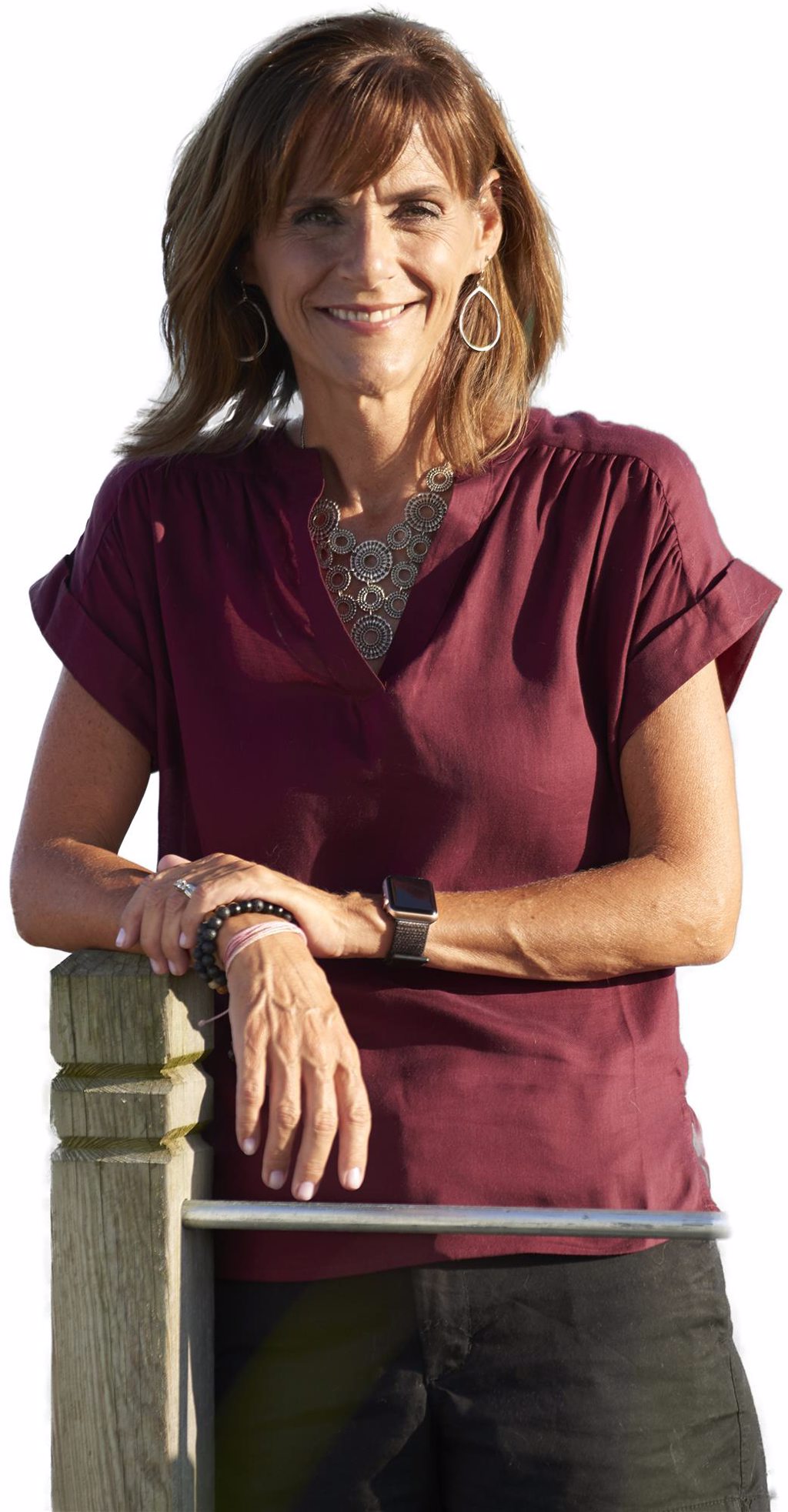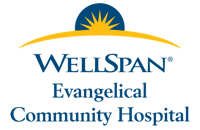Chrissy Findlay

Headed Back to Health
Chrissy Findlay shares three critical lessons she learned for navigating a breast cancer diagnosis
After lacing up her running shoes, 47-year-old Chrissy Findlay hit the same path she’s been running for years. This time, though, felt special. “I felt like I was headed back to my life before cancer. The sun was shining and I felt amazing.”
Findlay’s journey to this amazing day began in February 2019 when her annual mammogram, conducted at Evangelical Community Hospital’s Thyra M. Humphreys Center for Breast Health, eventually led to a diagnosis of invasive ductal carcinoma breast cancer. Within weeks, the Selinsgrove resident was scheduled for a lumpectomy. Just three weeks post-surgery, she was cancer-free—and sprinting toward a bright tomorrow.
Part of putting breast cancer behind her is doing what she can to help other women navigate the disease. And to do this, she shares three essential messages.
MAKE YOUR HEALTH A TOP PRIORITY.
Findlay emphasizes the importance of annual mammograms. “My cancer was diagnosed at stage 1—the earliest and most treatable point. And it’s not that I’m lucky. Detecting cancer at an early stage was the result of having an annual mammogram.”
To help educate as many women as possible—both young and old— Findlay is determined to share her story. Perhaps she’ll even give someone a lifesaving wake-up call—like the one she herself received. “I’ve always lived a healthy life, I’ve stayed active, and there’s no breast cancer in my family,” Findlay says. “So I kept putting off getting a mammogram. Then my father had a stroke. We watched this healthy, marathon-runner and yoga enthusiast decline and then pass away. It woke me up to the importance of taking care of my own health, so at 44, I scheduled my first mammogram. No one is exempt from disease.”
TAKE ADVANTAGE OF NEWER BREAST SCREENING TECHNOLOGY.
Breast screenings today include newer technologies that can better detect breast cancer—those technologies are available at Evangelical’s Center for Breast Health. Findlay feels, “Too many women don’t elect to take advantage of the opportunity for a closer examination.”
Findlay learned after her first mammogram at the Center for Breast Health that she has dense breast tissue. A technician called with the update and reassured Findlay that there was no cause for alarm. Almost 50% of women age 40 and older have dense breast tissue. However, the technician added, dense breast tissue makes it difficult to detect breast cancer, so it was recommended that Findlay have a whole breast ultrasound. Leaving nothing to chance, that’s what she did.
“This year the ultrasound showed something suspicious,” Findlay says. “I was called back in for a handheld ultrasound and within 10 minutes of that procedure, my doctor told me he wanted to do a biopsy.”
Findlay remembers being frightened about the biopsy, but at the same time she was impressed with how quickly the Center for Breast Health team lined up every diagnostic test for her. “My nurse navigator explained everything,” she says. “At the same time, she understood that waiting around is not something a patient wants to do when talking about breast cancer. Everyone understood. That level of compassionate care set the stage for me. No matter what came next, I knew I was in good hands.”
LEAN ON YOUR MEDICAL TEAM FOR STRENGTH.
Findlay’s third message is the toughest, she admits. “I learned that asking for help isn’t a weakness; it’s a sign of strength,” she says. “The Breast Center nurse navigators, nurses, and doctors were always there for me—with information, education, and support throughout my diagnosis and treatment process. Often I didn’t even have to ask for help. They just seemed to appear with the encouragement and comfort I needed at that exact moment. I’m not sure how I would have made it through this journey without the Breast Center team. They were my rocks.”
When recalling the emotional care she received, Findlay quickly shares the fateful day when the call came that the breast biopsy was positive. “I remember falling into a chair and feeling panic I’d never known. It was only a 20-minute phone conversation, but my nurse navigator filled every minute with such compassion, empathy, and support. I was surprised at how hopeful I felt when the call ended.”
Then there was the meeting with John Turner, MD, FACS, Breast Surgeon and Medical Director of Cancer Services at Evangelical’s Thyra M. Humphreys Center for Breast Health. “My nurse navigator and my husband were both with me at the meeting. We all listened to Dr. Turner explain everything—my disease, the lumpectomy process, and the radiation treatment I would need. He gave me so much time. I knew I wasn’t his only patient, but that’s how I felt.”
As for One Day Surgery at Evangelical, Findlay says it eased her recovery. “I had the lumpectomy in the morning and was home by 3 pm. I never felt rushed to get in and out of the Hospital. If I needed to stay, the doctors would not have discharged me. But at the same time, everyone at the Hospital was very supportive of me wanting to get home—to be in my own bed and with my family beside me.”
CONNECTING WITH RECOVERY.
“It wasn’t an easy journey because there is so much information to absorb and understand,” Findlay recalls. “But I always felt so connected to this remarkable healthcare team. They were always ready to help me unravel what I needed to learn. I just had to phone or send an email and a response came before I knew it.”
That left Findlay free to focus on getting healthy, and, of course, getting back to running.

